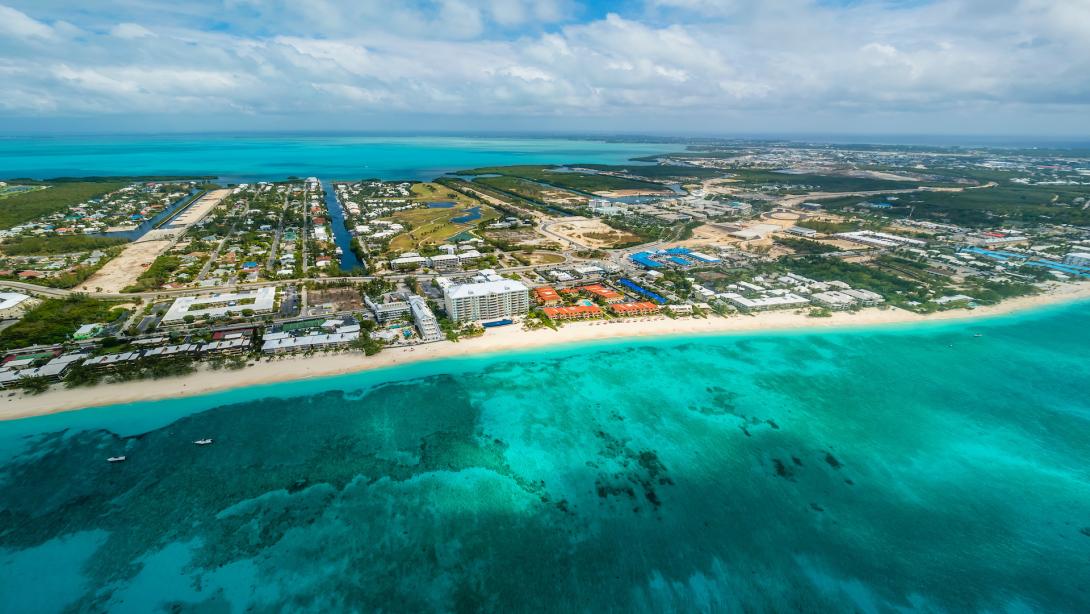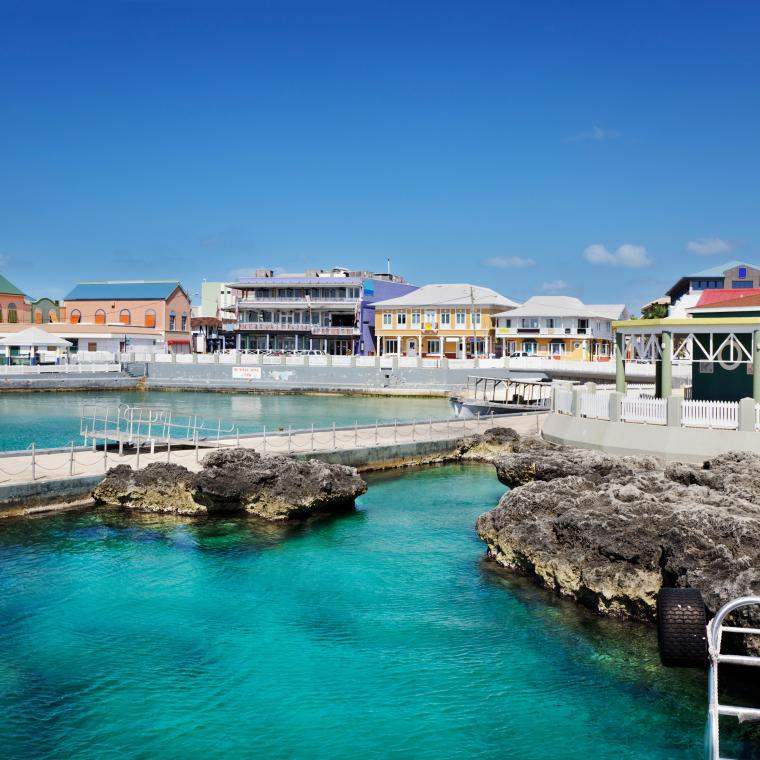
The Cayman Islands, a renowned financial hub, anticipates exiting the global 'grey list' of countries for their efforts in combating money laundering and terror financing. This move comes as international regulations tighten on financial jurisdictions worldwide.
In this article, we'll explore the broader context of stricter international regimes, and the impact on Cayman Islands LLCs, should the Cayman Islands be removed from the grey list.
The road to compliance
The Cayman Islands is expected to bid farewell to the grey list during the next Financial Action Task Force (FATF) plenary in Paris, concluding on 27th October 2023. This development marks a crucial milestone for the jurisdiction’s financial services industry, signalling its commitment to combating financial crime.
In the journey to compliance, the Cayman Islands has invested significant resources since 2019 when it became aware of the impending grey listing. These efforts included establishing a dedicated bureau within the police service to lead complex cross-border money-laundering inquiries, implementing stringent rules and oversight for high-risk industries such as real estate and precious metal dealers, among other reforms.
The ongoing challenge
While the upcoming plenary presents a reason for celebration, the Cayman Islands must continue to enhance and refine its anti-money laundering, counter terrorism financing and counter proliferation financing regimes. The fifth round of mutual evaluations by the FATF, scheduled for 2025, is expected to place a stronger emphasis on how well the jurisdiction enforces its laws and regulations. Global standards are continually evolving, and the Cayman Islands remain under scrutiny due to the substantial size of its financial sector.
Cayman's recent progress
As of June 2023, it was announced that the Cayman Islands fully satisfied the recommended actions laid out by the FATF. This achievement positions the Cayman Islands for potential removal from the list of monitored countries with deficiencies in their anti-money laundering and counter-financing of terrorism (AML/CFT) regimes, pending a successful onsite visit by the FATF.
This milestone underscores the Cayman Islands' reputation as a sophisticated jurisdiction with a robust and effective AML framework.
Speaking of the Cayman Islands progress, Kareem Robinson, Head of Capital Markets at Ocorian in the Cayman Islands, said:
"In the face of prohibition, the Cayman Islands have demonstrated resilience and commitment to being a serious financial services provider on the global stage. The collective efforts of the industry and the government have shown that the Cayman Islands are tried, tested, and able to adapt to global standards which will hopefully result in successfully working its way off the FATF Grey list and the EU AML blacklist (those whose AML/CFT regimes have strategic deficiencies which pose a significant threat to the EU’s financial system). As exemplified during this EU AML black listing period, global firms like Ocorian have proven their ability to adapt during a changing and challenging regulatory landscape to provide a seamless and comprehensive client service offering through cross-border collaboration with our Ocorian partners in key jurisdictions. We at Ocorian eagerly embrace the opportunity to return to business as usual and to continue serving clients in this jurisdiction."
Cayman Island's LLCs
Even though the inclusion of the Cayman Islands on the EU AML blacklist has not resulted in material sanctions by the EU, in relation to the general use of Cayman Island's LLCs as holding vehicles, some EU investors perceive that there may be an increased risk of local tax audits on investments in structures established in the Cayman Islands. Therefore, such investors may be less inclined to utilise the jurisdiction for LLC formations while it remains listed.
How can Ocorian help?
At Ocorian, we prioritise strict adherence to well-defined risk management and compliance procedures. We ensure that all necessary processes and controls are in place to align with international AML/CFT principles.
In today's environment, having a reliable partner is more critical than ever, and we are here to support you wherever you need us.
If you have any questions or seek a trustworthy partner in navigating these regulatory landscapes, please reach out to the Ocorian team.
What is the FATF?
The Financial Action Task Force (FATF) is an intergovernmental organisation responsible for setting international standards and promoting effective measures to combat money laundering, terrorist financing, and related threats to the global financial system. The FATF conducts mutual evaluations to assess member countries' compliance with these standards, and countries failing to meet them are placed on the grey list.


